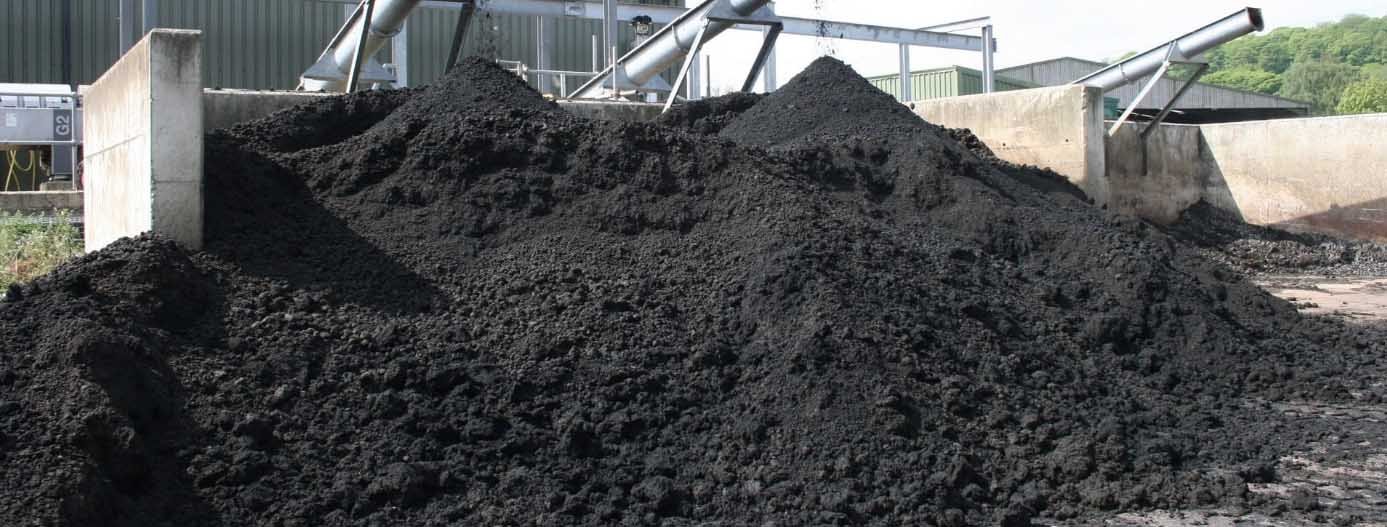
How does sludge affect the Environment
As much as we would prefer to avoid it, sewage is a significant factor in every region of the world. What's that? It's waste that is carried by water. We all contribute to it, whether it's what comes out of your toilet or the huge amounts of wastewater that flow out of factories. We all have to deal with it together. But what does it mean to "deal with" sewage? And how does sewage affect the environment?
Sewage and wastewater
Unfortunately, sewage has a lot of bad effects on the environment. Before it can be thrown away, it has to be cleaned up properly. Usually, it goes into the ocean. But there are two things wrong. If sewage is thrown away without being fully cleaned, it can pollute the water and hurt a lot of animals.
Or, sewage that hasn't been cleaned can get into rivers and other water sources through leaks or flooding, making them dirty. The results are not very good. In Staffordshire, sewage messed up a big part of the River Trent in September. More than 15,000 fish died, and it would have been even worse if the sewage had reached a water source that people use. Diseases like e-coli, diarrhea, and hepatitis A can spread when water sources are dirty.
Even sewage that is treated well can cause problems. Researchers recently found that microscopic plastic fibres that are released when certain clothes are washed can get through wastewater treatment plants and into marine ecology systems. They can hurt animals and hurt the food chain just like the more common contaminants.
Utilizing sewage
But it's not all horrible. Human waste also contains a lot of information that can be used to keep an eye on many different things. Most research has been done on keeping track of people who use illegal drugs, but it is now being expanded into other possible fields of study. For example, the food and agriculture industries can benefit from being able to find out if pesticide metabolites are present.
Samples of wastewater can also be used to look for signs of oxidative stress. This is basically a sign that the body isn't able to fight off certain diseases. It can help researchers figure out how pollution in the environment affects certain communities.
How does it work, though? Because wastewater is so varied and complicated, it takes more advanced methods to analyze it in a specific way. The world of wastewater-based epidemiology is explored in an eLearning course called "The Utility of municipal wastewater analysis for drug epidemiology, food safety, and environmental monitoring: from targeted analysis of Biomarkers to non-target screening." It looks at the different ways to analyze and the technology that is needed for that, as well as where the field is going now and where it is going in the future.


